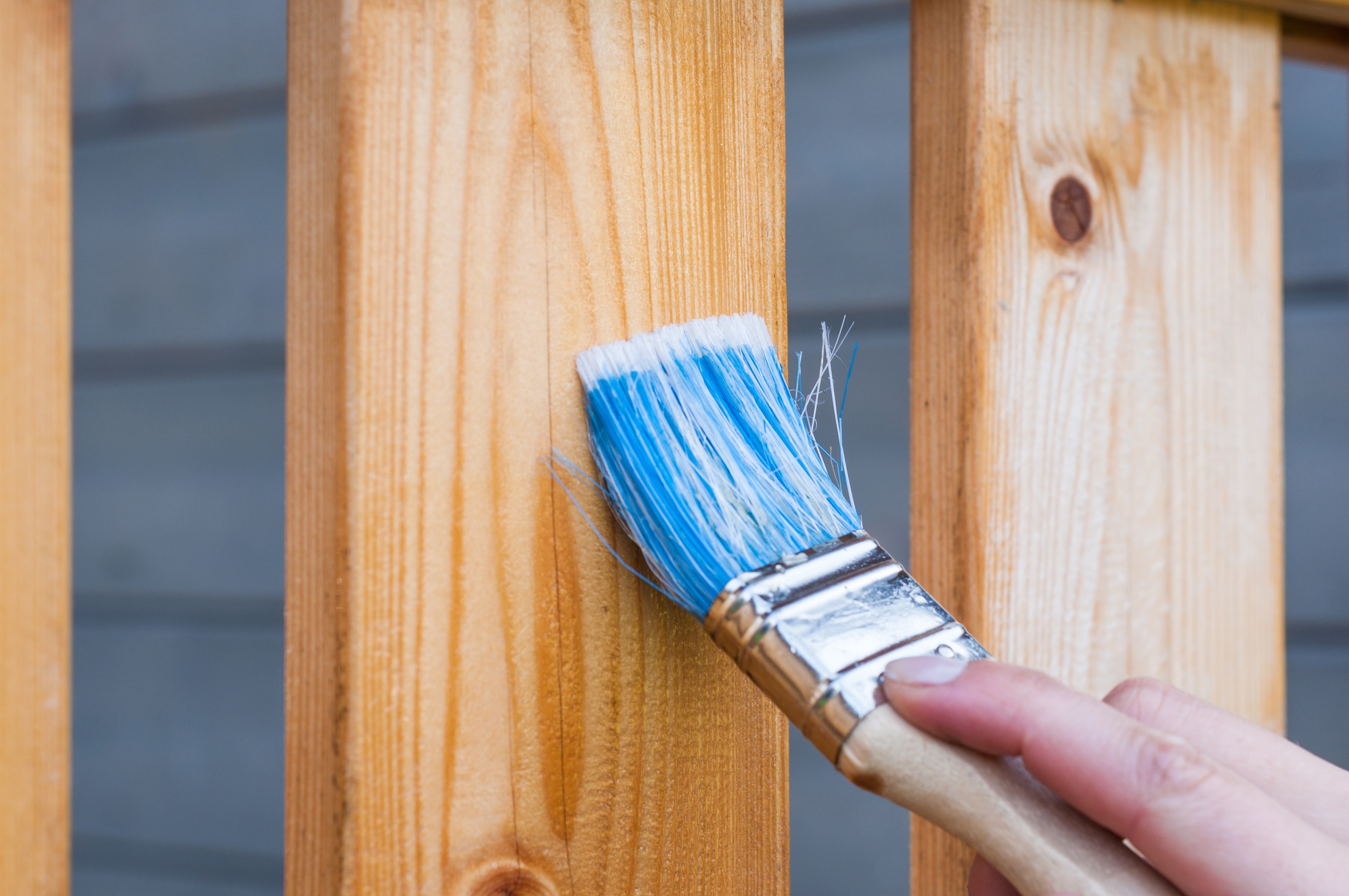Five Things First Home Buyers Need To Know
Before you decide to purchase your first property there are a number of things to consider, including your current personal circumstances and financial status.
1. Think about why you want to buy a home
Do you want to live in it or will it be an investment property? This can help determine the kind of loan you apply for and home you buy, depending on your short and long-term plans.
2. Research potential properties and loans
Knowing the market is crucial. So do some research on the areas you are targeting. Check out auction clearance rates and recent sales, as well as price trends in the area. Once you are aware of what you are looking for and the approximate price, the next step is saving a deposit.
While some lenders will offer loans if you have saved less than the usual 20 percent deposit, being able to show a record of good saving habits will aid in getting your loan approved.
Then, when you talk to your local MFAA Approved Finance Broker about applying for pre-approval on the right type of loan. Ask for their help to work out what you can afford in terms of repayments.
3. Factor in other costs involved
Depending on the property, there can be a number of additional costs. So ask your finance broker what other payments you will face. This can include, but isn’t limited to. Stamp duty, loan establishment fees, legal and conveyance services, utilities, property insurance, maintenance, and lenders mortgage insurance.
4. Think about your future
Just because your current situation allows you to get a home loan, that doesn’t automatically guarantee that you will still be able to service it in five years’ time. Is there a possibility your role at work will change? Are you considering going back to study and reducing your working hours?
5. Get professional help
With so many things to consider, getting professional help is highly recommended. There are many experts in the industry and it is in your interest to use them for tasks such as property checks, pest checks and any other legal queries. Going it alone can prove costly. Avoid nasty surprises down the track by getting the right people to do the appropriate checks for you from the beginning.





